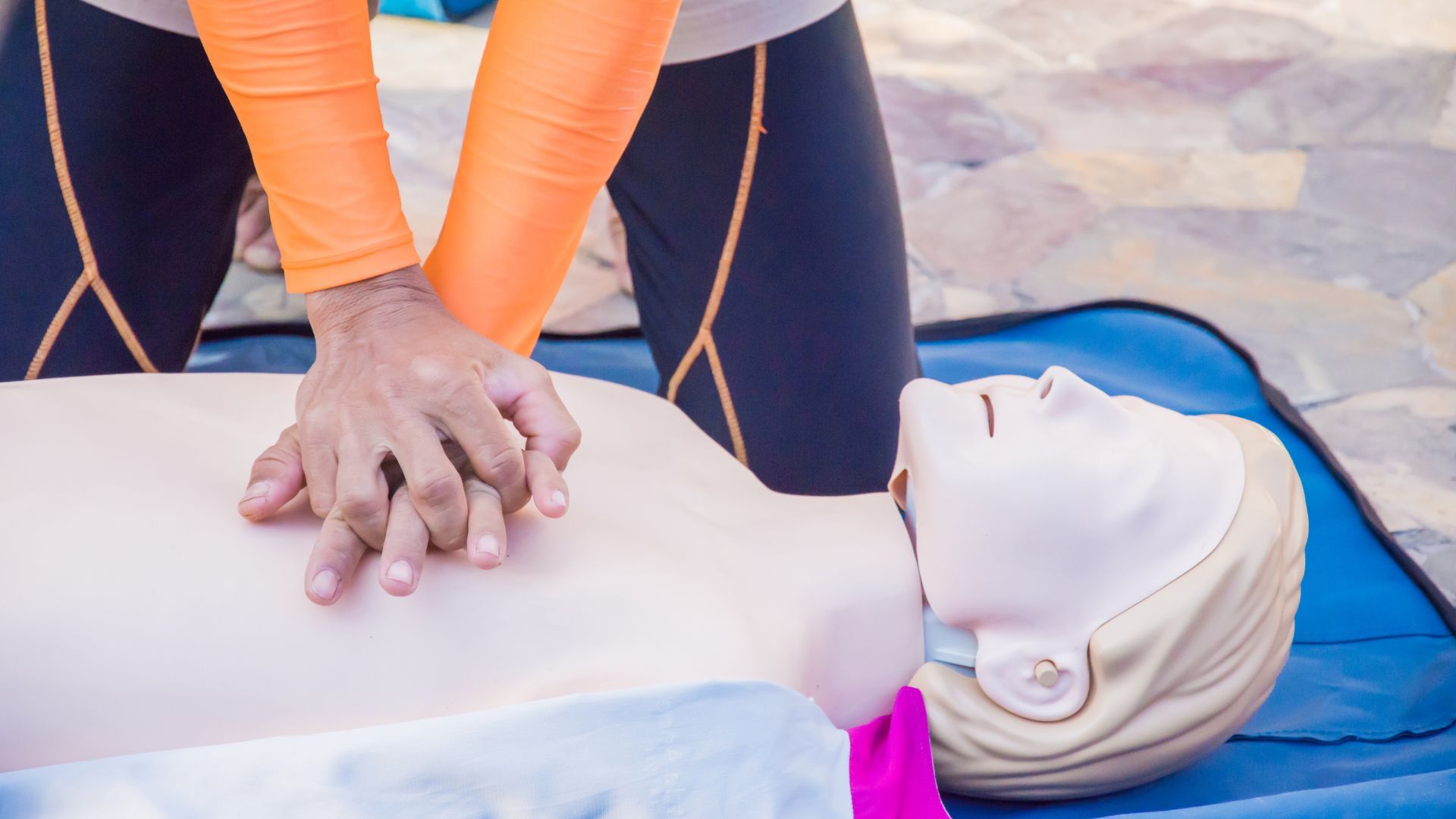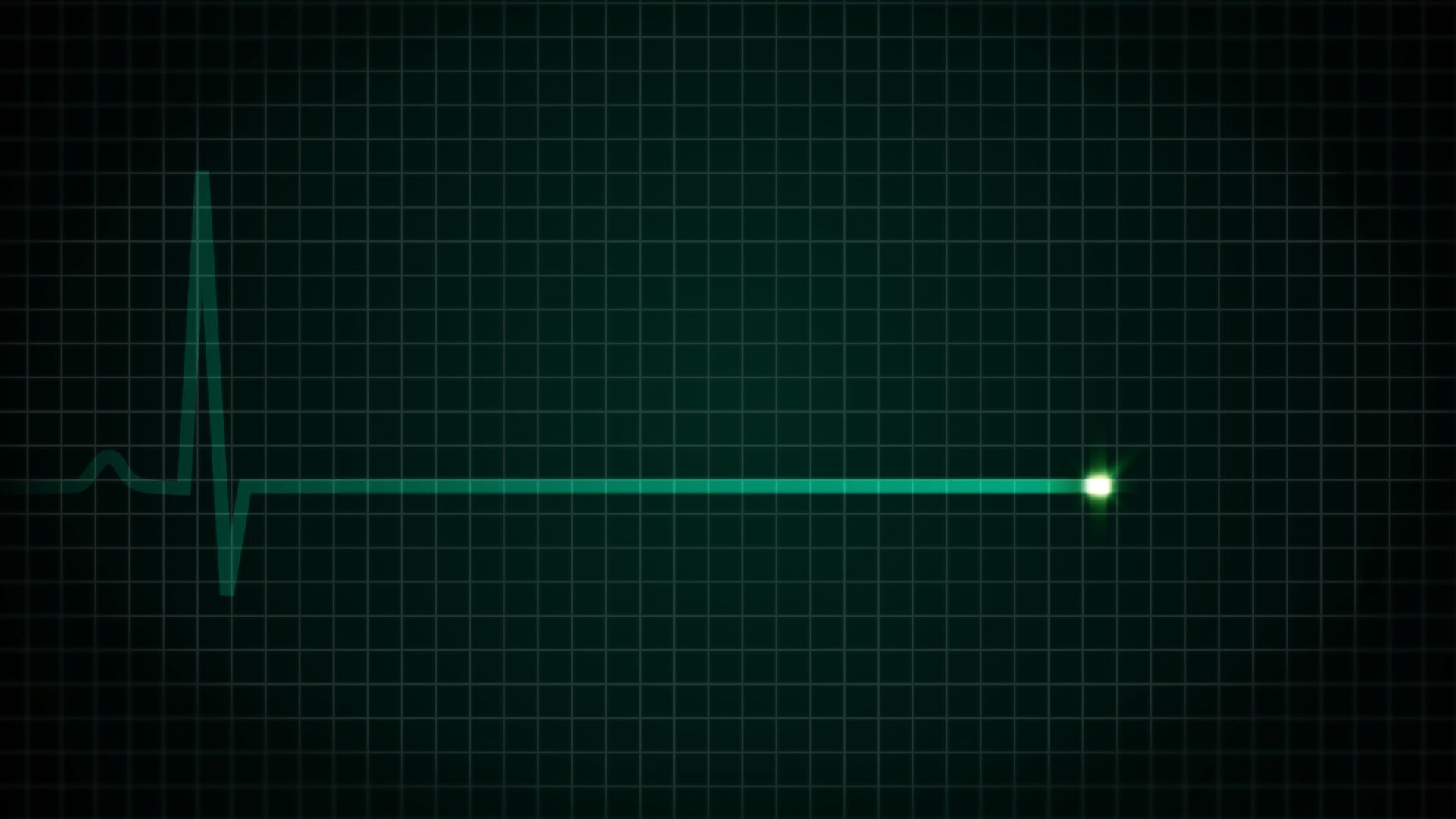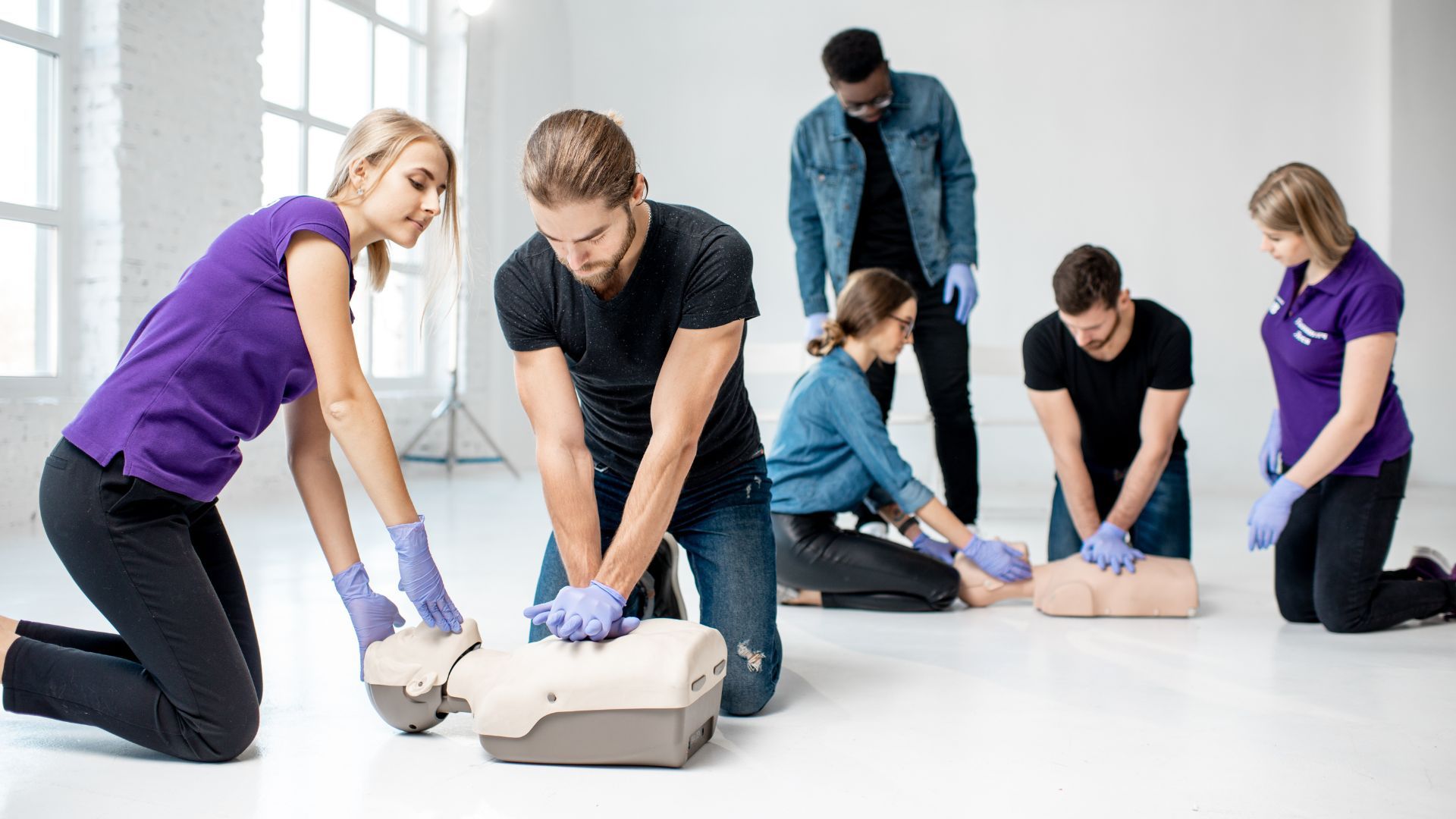911/112/999 (Emergency Number)
Pronunciation: Nine-Eleven / One-One-Two / Triple Nine
Definition:
Emergency numbers are the primary contact points for individuals to request immediate assistance from emergency services like the police, fire department, and medical teams in situations of distress.
What is 911/112/999?
Overview:
- 911: Primarily used in the United States and Canada.
- 112: Common emergency number across member states of the European Union and other countries.
- 999: The main emergency number in the United Kingdom, Hong Kong, and several other places.
These numbers are intended for situations where immediate action is required, like fires, crimes in progress, or medical emergencies.
Key Facts About 911/112/999:
- No Fees: Calls to these numbers are typically free of charge.
- Ubiquitous Access: Can be dialed from any telephone, mobile, or even deactivated cell phones without a SIM card in many places.
- Dispatch Centers: Calls are answered by trained operators who dispatch appropriate emergency services.
Why are these numbers important?
- Ensure rapid response to life-threatening situations.
- Provide a single, easy-to-remember number for emergencies.
- Streamline communication to various emergency services.
Who should know these numbers?
- Every citizen, regardless of age.
- Tourists, as the number can differ by country.
- Those offering first aid or CPR training, to emphasize its use in emergencies.
When should you call an emergency number?
- Any life-threatening situation.
- If someone is injured or in danger.
- To report crimes in progress.
- Fires or other major emergencies.
What to do when you call?
- Stay calm and speak clearly.
- Provide your location and describe the emergency.
- Follow any instructions given by the operator.
- Do not hang up until instructed to do so.
More Articles





